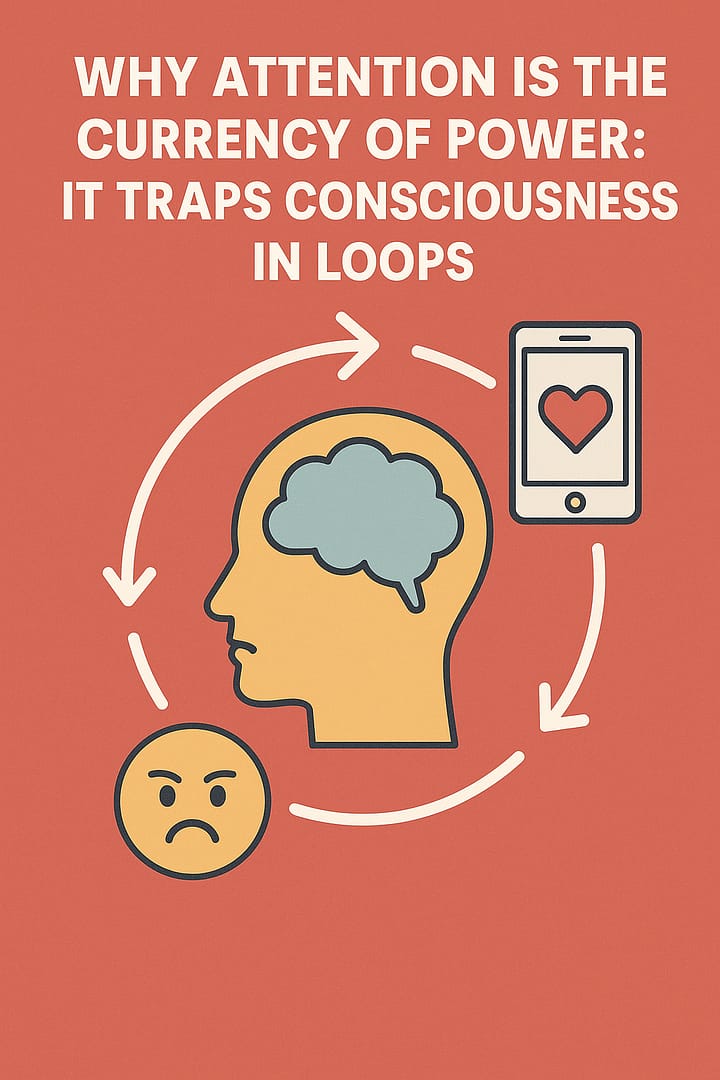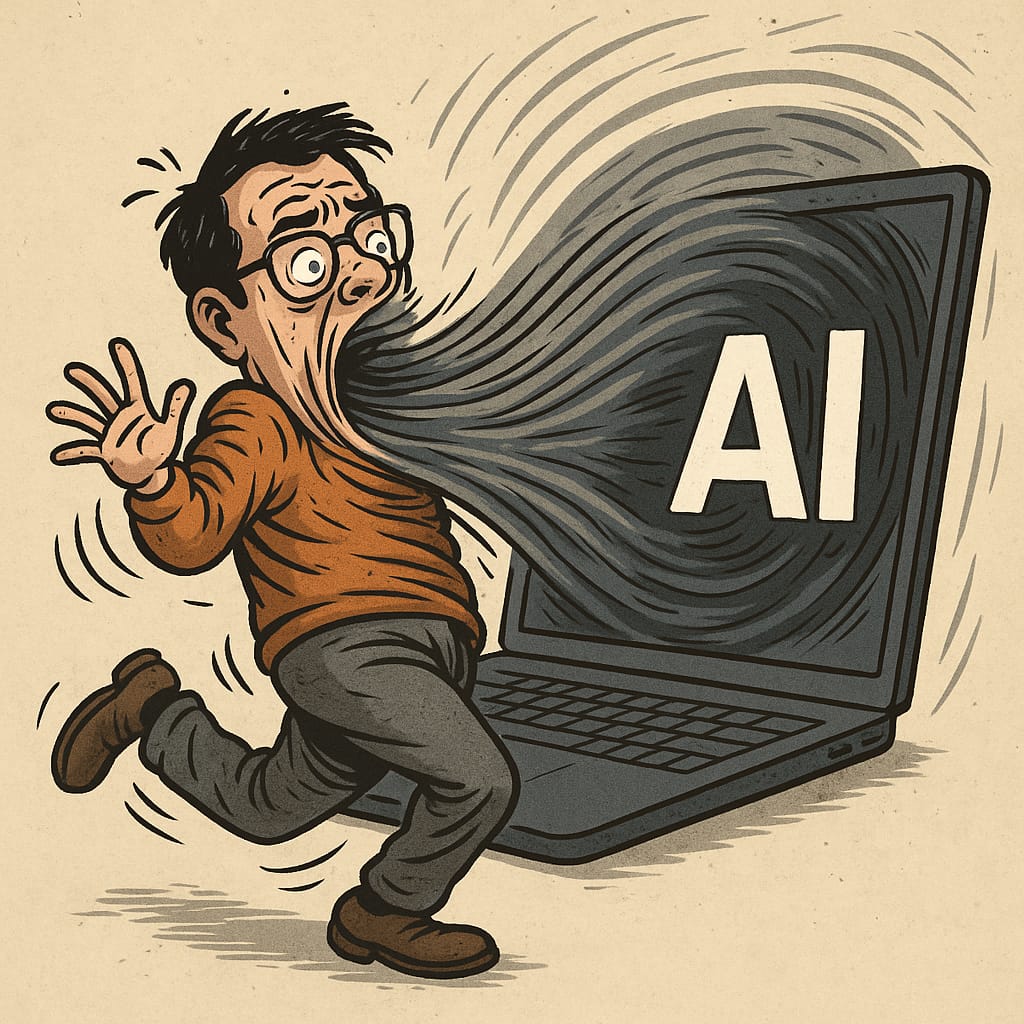The Intriguing World of Quantum Computing – Unlocking the Future of Technology
Quantum computing, a rapidly emerging field at the forefront of technology, has the potential to revolutionize our understanding of computing, communication, and cryptography. As researchers and technology enthusiasts continue to unlock the potential of quantum computing, we dive into the world of qubits, superposition, and entanglement. This article explores the history of quantum computing, its current state, and the exciting possibilities it offers for the future.
A Brief History of Quantum Computing
Origins and Early Beginnings
Quantum computing can trace its roots back to the early 20th century when quantum mechanics, the foundation of quantum computing, was first established. Quantum mechanics is the branch of physics that deals with the behavior of matter and energy at the atomic and subatomic levels. Throughout the 20th century, renowned scientists such as Albert Einstein, Niels Bohr, and Werner Heisenberg contributed to the development of quantum mechanics.
From Theory to Reality
The concept of quantum computing was first proposed by physicist Richard Feynman in 1982. Feynman envisioned a computer that could exploit the principles of quantum mechanics to solve problems that classical computers could not. It wasn’t until the 1990s, however, that the first rudimentary quantum computers were built, setting the stage for the quantum computing revolution.
Understand the Basics of Quantum Computing
Qubits: The Fundamental Building Blocks
Qubits, or quantum bits, are the fundamental units of quantum computing. While classical computers use binary bits (0 or 1) to represent and process information, qubits can exist in both states simultaneously, thanks to the concept of superposition.
Superposition and Entanglement
Superposition is the ability of a quantum system to exist in multiple states at the same time. Entanglement, another key principle of quantum mechanics, occurs when two or more qubits become interdependent, even when separated by large distances. These properties allow quantum computers to perform calculations exponentially faster than classical computers.
The Current State of Quantum Computing
Hardware Development
Major tech companies like IBM, Google, and Intel are racing to develop powerful quantum computers. The race is characterized by the pursuit of increasing the number of qubits in quantum processors while maintaining their stability and minimizing errors.
Quantum Algorithms and Software
Researchers are developing quantum algorithms to leverage the power of quantum computing. Examples include Shor’s algorithm for factoring large numbers and Grover’s algorithm for unstructured search. These algorithms have the potential to disrupt fields such as cryptography and optimization.
Quantum Communication and Cryptography
Quantum communication utilizes the principles of quantum mechanics to secure information transmission. Quantum key distribution (QKD) is a method for sharing encryption keys securely, making it virtually impossible for eavesdroppers to intercept the keys without detection.
The Future of Quantum Computing
Quantum Supremacy and Beyond
Quantum supremacy, a milestone in quantum computing, is achieved when a quantum computer can solve a problem that no classical computer can solve in a reasonable time. While Google claimed quantum supremacy in 2019, the race for more powerful quantum computers continues.
Challenges and Limitations
Despite its potential, quantum computing faces several challenges, including qubit stability, error correction, and the development of practical quantum algorithms. Overcoming these challenges will be crucial for the widespread adoption of quantum technology.
The world of quantum computing is filled with potential and excitement, as it promises to redefine the boundaries of computation, communication, and cryptography. As researchers and technology companies continue to push the limits of quantum computing, we can expect significant breakthroughs and applications in various fields.
Applications in Various Fields
Quantum computing has the potential to revolutionize fields such as drug discovery, materials science, and artificial intelligence. By solving complex problems more efficiently, quantum computing can facilitate groundbreaking discoveries and innovations.
Quantum Computing and Artificial Intelligence
Quantum computing is poised to significantly impact the field of artificial intelligence (AI). By harnessing the power of quantum computers, AI algorithms can be optimized and trained more efficiently, leading to improved machine learning models and faster problem-solving capabilities. Quantum-enhanced AI has the potential to accelerate advancements in natural language processing, computer vision, and autonomous systems.
Quantum Computing in Finance
In the world of finance, quantum computing offers new ways to optimize trading strategies, manage risk, and perform complex simulations. Quantum algorithms can help analyze vast amounts of data quickly and accurately, allowing financial institutions to make better-informed decisions and minimize potential risks.
Quantum Computing in Climate Modeling
Quantum computing can play a crucial role in climate modeling and environmental analysis. By processing large amounts of data from sensors and satellites, quantum computers can help create more accurate climate models and predictions. This, in turn, can inform policy decisions and help us better understand and mitigate the impacts of climate change.
Quantum Computing in Supply Chain Optimization
The logistics and supply chain industry can also benefit from the adoption of quantum computing. Quantum algorithms can optimize routes, schedules, and resource allocation more efficiently, leading to reduced costs and improved overall performance.
Education and Workforce Development
As quantum computing becomes more mainstream, it will be essential to invest in education and workforce development. Teaching quantum computing principles and skills will help create a new generation of quantum engineers, researchers, and entrepreneurs capable of driving the future of this technology.
The Quantum Internet
A quantum internet, based on the principles of quantum communication, could revolutionize how information is transmitted and secured. By exploiting the properties of entanglement and superposition, a quantum internet would offer unprecedented levels of security and speed, enabling new applications and services that were once thought impossible.
The intriguing world of quantum computing has the potential to unlock a myriad of possibilities across various industries and fields. As we continue to explore and develop this technology, the future of quantum computing is filled with both challenges and opportunities. It is up to researchers, technology enthusiasts, and policymakers to embrace this potential and shape a future where quantum computing contributes to the betterment of society.

Thank you for questions, shares and comments!
Share your thoughts or questions in the comments below!
Text with help of openAI’s ChatGPT Laguage Models & Fleeky – Images with help of Picsart & MIB






